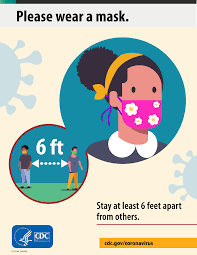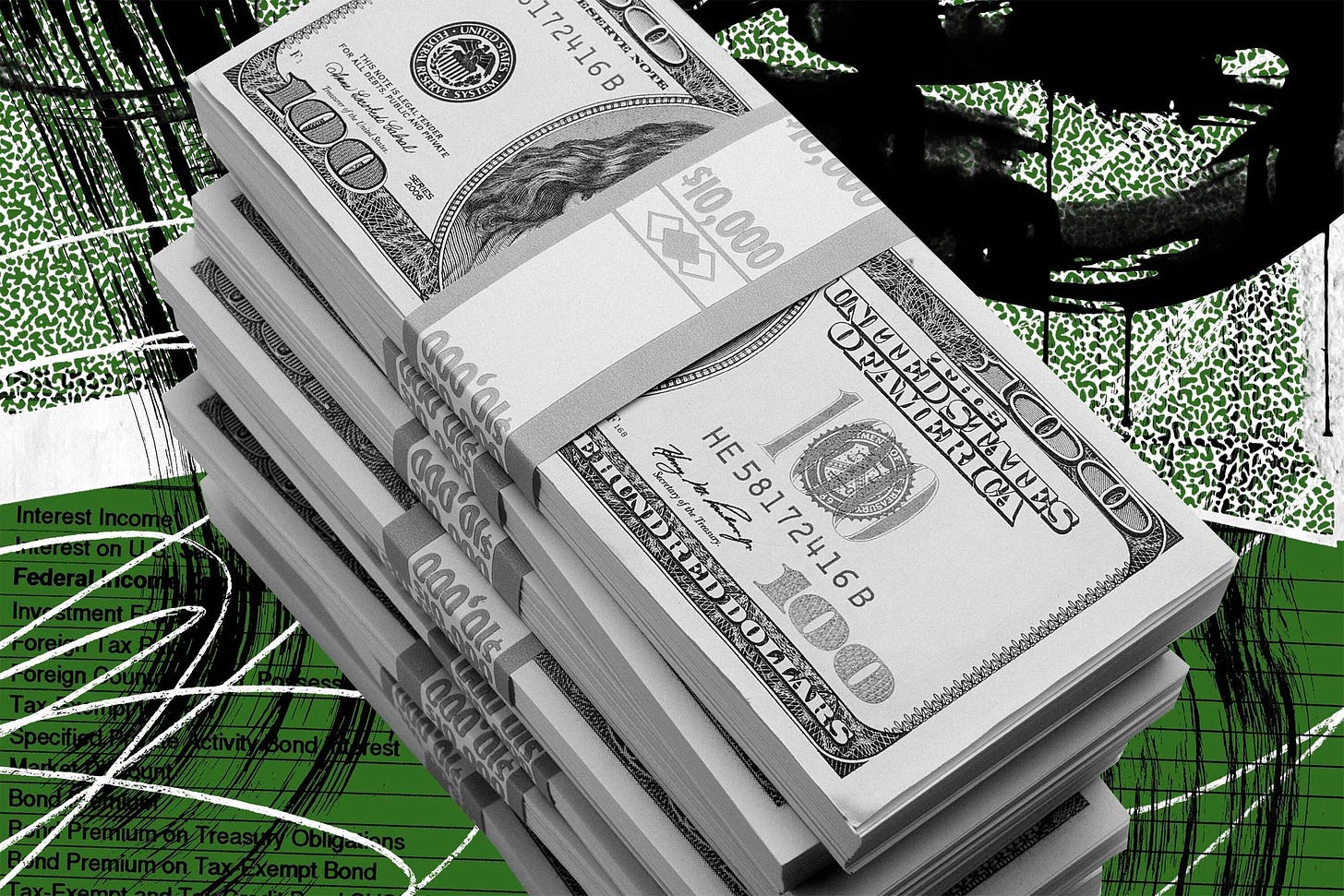The Reader and Voter Trust Problems Go Both Ways
Two recent stories raise the issue of whether journalists really trust their readers, or public officials the people they represent.
Welcome to Second Rough Draft, a newsletter about journalism in our time, how it (especially its business) is evolving, and the challenges it faces.
Every time journalists convene these days it has become fashionable to bemoan the public’s decreasing lack of trust in our work. Polls provide plenty of support for this concern,[1] as does the constant stream of Fox News attacks and diatribes from politicians, most but not all of them Republicans—the gleeful and obsessive use of the news media to attack the news media. But that’s not exactly what I want to write about this week.
Instead, I want to explore two related questions, which I think are actually far more important: Do we in journalism really trust our readers? And do public officials trust the public? I fear that, far too often, the answer to these questions is no.
Cases in point
Two subjects from the last couple of years seem illustrative. One of the puzzles from the pandemic with which I think we will be wrestling for years to come concerns the general failure, between late February and early April 2020, to urge the public to mask up. Broadly speaking, two rationalizations have been offered in retrospect: It wasn’t, at first, entirely clear that the virus was airborne, and, also, the supply of masks was hugely constrained, and those available were urgently needed by medical personnel.
But both of these rationales collapse on closer inspection. As to means of transmission, even if it was in doubt, why take the risk? Precisely the opposite approach—better safe than sorry—was taken with respect to touching surfaces, which turned out not to be a great danger. And with respect to supply, home-made masks (mostly bandannas) would unquestionably have been significantly effective, reducing the death toll dramatically.
It may well turn out that the public wasn’t told to mask up during these critical weeks because of a judgment by public officials that people simply couldn’t handle the mixed messages that would have required (wear a mask, but don’t buy one). The press needs to take responsibility, at the very least, for failing to probe the issue of why masks weren’t being required for potential patients when medical personnel were crying out for them. Perhaps some journalists, as well, thought that was too complicated a story to convey. For both public officials and reporters, this would add up to a failure to trust the very people they are supposed to be serving— or perhaps a lack of respect for their collective intelligence, which is even worse.
Talking income and wealth
A second, more recent story—or, more precisely, the reaction to it— may support a similar observation. That is the debate now being engendered by ProPublica’s publication of information from the Secret IRS Files of the ultra-wealthy. The stories have pointed out—have proven, with specific illustrations, for the first time—how far our income tax system has diverged from limiting the accumulation of outsize wealth in America. The thrust of the series is how much the richest have constructed an alternate universe, effectively a deluxe gated tax community, in which they live largely outside the income tax system.
In response, the defenders of the inequality that has grown so vastly over the last four decades, imply, if they do not expressly say, that the two subjects—income and wealth—are unrelated. That, of course, is nonsense, and everyone who has ever worked for a living knows it. It is true that we do not, to any great degree, currently tax wealth in this country. And perhaps we should continue not to do so, as the conclusion of the first article in the ProPublica series clearly indicated.
But for some public officials, and not a few journalistic defenders of the plutocracy, to indicate that the American people (or their readers) cannot simultaneously entertain in their minds the distinct but closely related questions of how to treat income and wealth seems to reek of distrust, or, again, disrespect.
There is no question that democracy in this country is facing a moment of some peril. After all, the defeated president of the United States tried, however ineptly, to overthrow the constitutional order less than six months ago. Buttressing democracy, however, will require more than confronting its evident enemies. It will require as well that democracy’s friends, in both the press and officialdom, repose renewed faith in the American people, who are the ultimate custodians of our republic. That faith, in turn, must include candor, even in complexity.
[1] I admit I don’t have the data readily at hand to prove this, but I think the press is in much the same situation on trust as is the Congress. People don’t like Congress overall, with congressional approval, per Gallup, mostly hovering between 30% and 40% for more than 15 years now, but only 11 incumbent members of the House were defeated in 2020 while 378 (87% of the total) were re-elected. Even in the 2018 Democratic wave, the number was just 30 defeated, while 346 (80%) were re-elected. Similarly, in my view and my experience, people don’t trust the press in general, but do largely trust the outlets whose work they choose to regularly consume.





On the footnote. GSS data show that trust in media and congress has fallen decade after decade since they started tracking it in 1972. It is so bad that in 2010, the national media and national politicians were MORE distrusted than the BANKS. See my https://policytensor.com/2019/08/17/net-confidence-in-national-institutions/. The general takeaway is that the collapse of trust in national institutions suggests a break-down in elite-mass relations.
The problem of media contempt for their audience is part of the general contempt of US elites for the masses. This contempt shows up everywhere — from the evidence-free assumption, uniform in the professional class, that the white working class is especially racist, to general disdain for 'flyover country'. Working class people do not fail to notice the contempt with which they are held. I think David Brooks got it quite right when he put the following words into the mouth of his imagined 'Flyover Man':
«We can’t have productive conversations if every time I open my mouth you call me a bigot. You may not realize this, but you have Trump supporters around you all the time. It’s just that we’ve learned to keep our mouths shut in your presence. The crushing climate of blue cultural privilege is too strangulating.» https://www.nytimes.com/2019/10/03/opinion/trump-voters.html